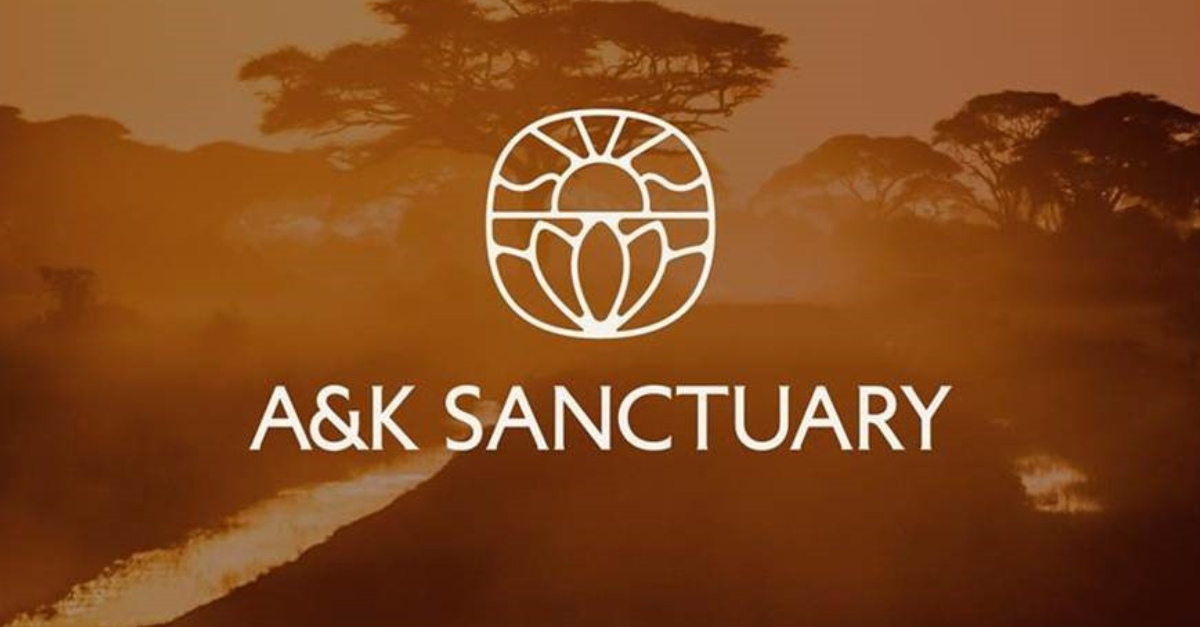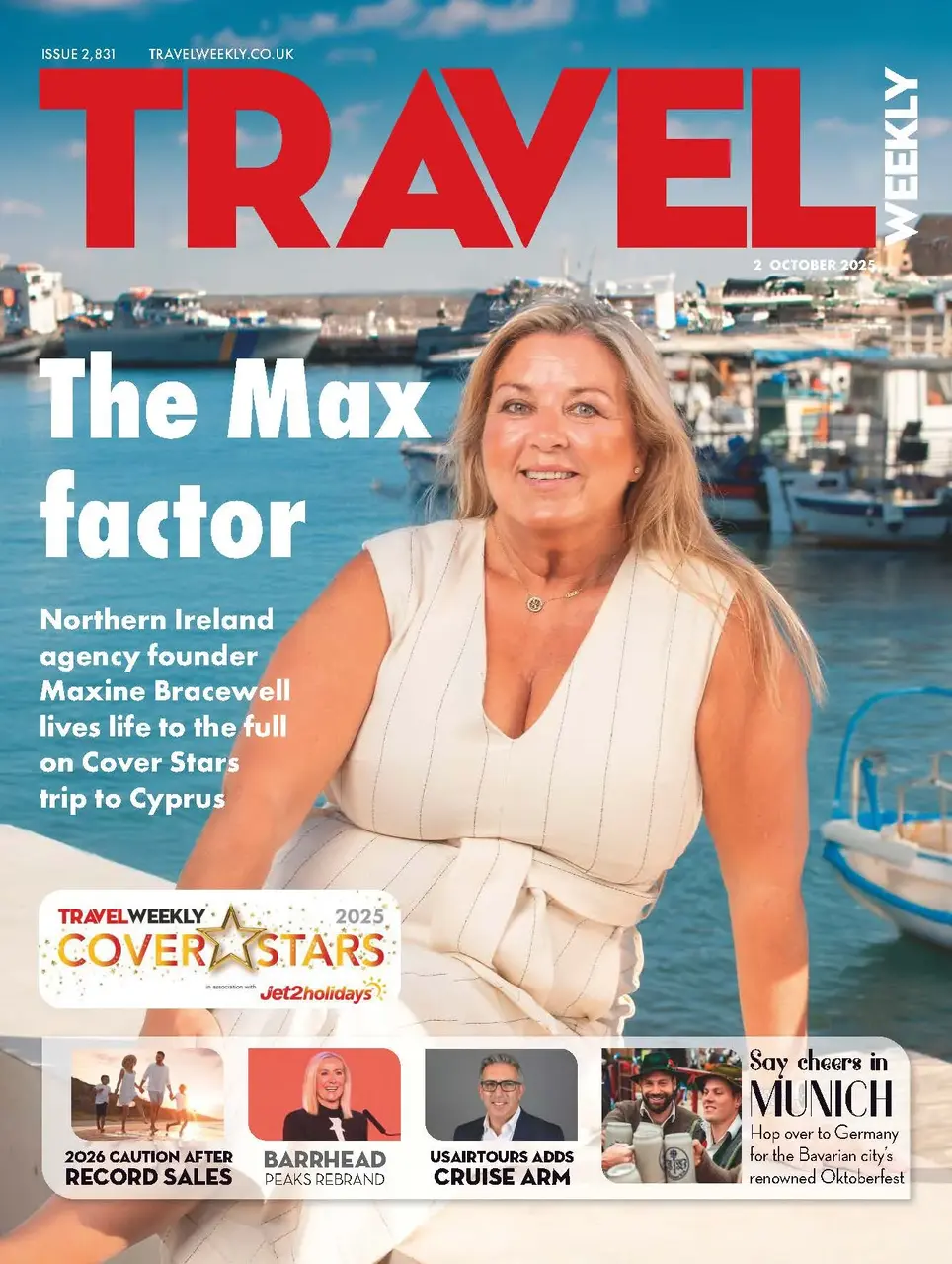What the arrival of Google’s AI Mode means for travel
Adido’s Andy Headington assesses how the development could impact digital marketing in the sector

Wait for it. AI is once again in the headlines. This time, it’s the launch of Google’s AI Mode, which promises to complement its more traditional search function.
Instead of the traditional blue links dominating the results page, Google’s AI Mode offers an AI-curated response to search queries, in which users can then follow up with more queries or ask multi-part questions and get back relevant answers.
This change marks one of the biggest transformations in search engine history and will likely have significant implications for digital marketers, if successful. It’s being pushed by Google as a search utopia, but what does it mean for the future of the internet?
A change in traffic
With Google delivering answers directly on their search results page, fewer users will need to click through to websites to find what they’re looking for. While 25% of traditional Google searches end in a click, early AI Mode data from Similarweb shows that this is the case for only 5% of AI Mode searches. That’s an 80% drop in click-through rate.
Traditional SEO will evolve
There may be a shift in priorities with traditional SEO evolving to incorporate AI optimisation. Google states that AI Mode will show information that is supported by high quality content from the web and other sources, which means not much is changing in that aspect – so, if you’re a travel operator or agency, content still needs to be up to date, such as itinerary information and what’s available in destinations.
However, large language models such as ChatGPT are less reliant on traditional keyword-matching and more focused on context, expertise and clarity, so putting more focus into writing concise, informative paragraphs backed by data might be the way to go.
Mid-funnel and commercial content
If I had to choose one thing that AI is good at answering, it’s those pesky ‘how to’ questions. Coming in close second are ‘what is’ or ‘why’. And it’s these types of questions that do not require a click through to a website if AI Mode has the answer right there on the screen.
Instead, it’s the mid-funnel and commercial-intent content like product pages, comparison guides, content linked to transactional keywords that are more likely to earn clicks and conversions. Concentrating on optimising these types of pages is going to be an important consideration moving forward.
Brand visibility
According to Semrush, the average LLM visitor is worth 4.4x the average traditional organic search visitor in terms of conversion rate. This is likely because AI search visitors have already been equipped with all the information they need to decide on the product or service they want from the LLM.
This means brand visibility and sentiment will be vital moving forward. If you’re an expert in no-fly cruise; walking holidays; or solo touring, for example, make it clear.
Increased user engagement… but not on your website
Early data shows that usage sessions in AI Mode lasted 38% longer on average than traditional search sessions, shifting user attention away from websites and deeper into the search results page itself. This means your content could be getting a lot of engagement, but you won’t even know it. Traditional metrics like page views and time on site will become less reflective of user interest, which makes gauging that interest all that much harder.
It’s still early days
At this point, AI Mode is still finding its feet. Volatility is high, as SE Ranking found out – only 9.2% of URLs matched across three tests of the same query being run on the same day – which only highlights just how experimental this feature still is. And we still don’t know when, or even if, this will become the default version of Google.
While its impact is already being felt, it’s good to remember that it’s only the beginning of the shift in search. For digital marketers, this is both a challenge and an opportunity; a chance to adapt early, refine strategies and get ahead in a more dynamic, AI-driven search landscape.
You have viewed both of your 2 free articles this month as an unregistered user
To continue reading, please register with Travel Weekly free of charge, or if you have already registered click here to login

















